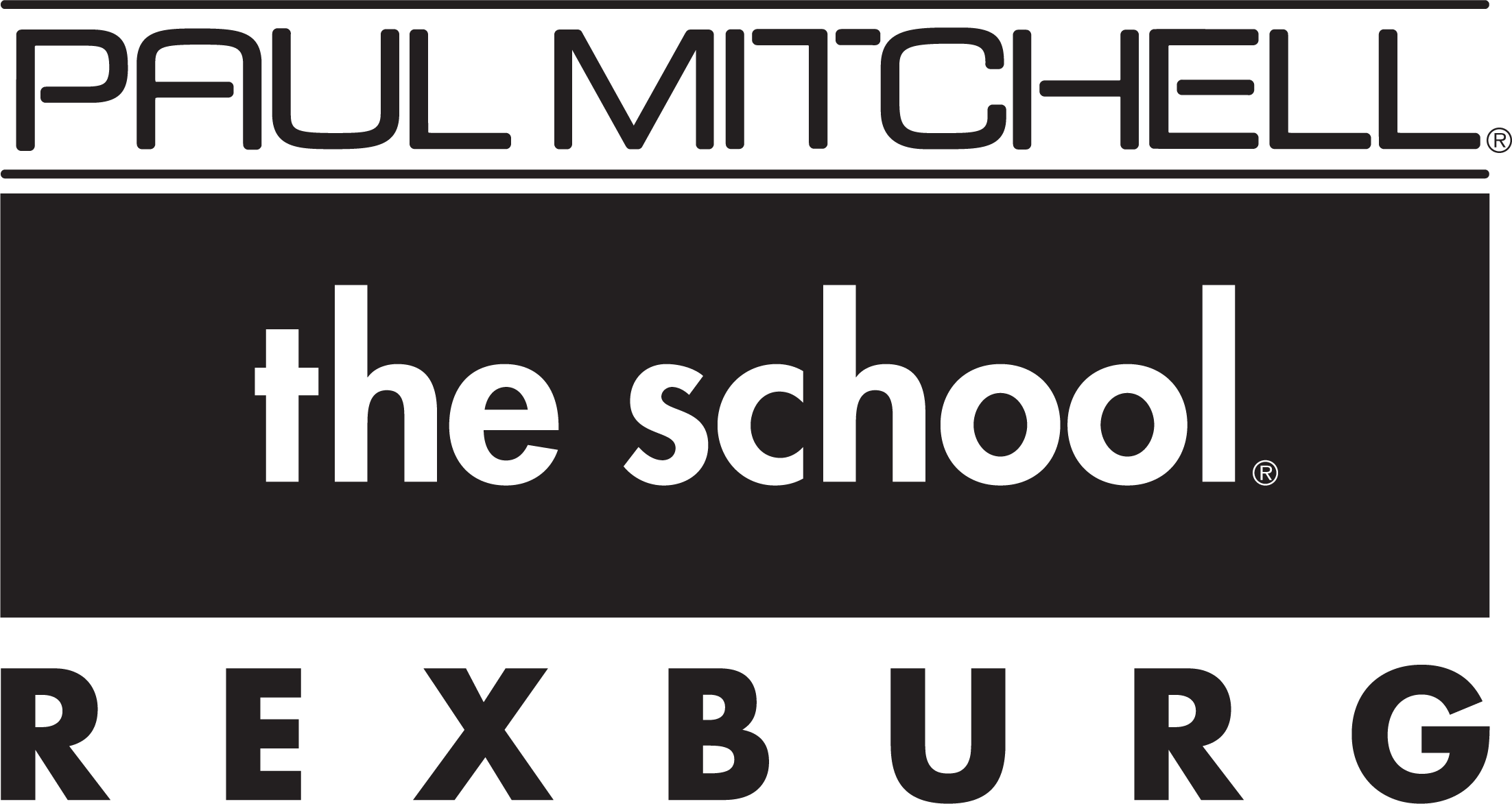BARBER STYLIST COURSE DESCRIPTION
Barber Stylist: SOC 39-5011; CIP Code 12.0402
The curriculum involves 1500 hours to satisfy State of Idaho Barber’s Board requirements. The program includes extensive instruction and practical experience in short haircutting/barbering, grooming, coloring, texture, customer service, personal appearance and hygiene, personal motivation and development, retail skills, client record keeping, and business ethics, as well as sanitation, state laws and regulations, salon-type administration, and job interviewing. The Barber’s Board is the licensing entity.
Graduates are prepared to become an entry level barber stylist.
This course is taught in English. Textbooks and course materials are only offered in the English Language.
This program is not currently being offered.
BARBER STYLIST COURSE OVERVIEW
Course Hours: 1500 clock hours
The course is divided into pre-clinical classroom instruction and clinical service learning experiences.
- Pre-clinical Classroom Instruction: The first 240 hours are devoted to classroom workshops where students learn design principles, technical information, and professional practices.
- Clinic Classroom Learning Experience: The remaining 1260 hours are spent in the clinic classroom area where practical experience is gained.
BARBER STYLIST COURSE OUTLINE
Your time at Paul Mitchell The School Rexburg for the barber stylist program will be divided into six (6) designations:
- Core Curriculum: A 300 hour orientation, known as the Core program, instills the basic fundamentals . Students are graded and evaluated using written, oral, and practical testing methods . Students must successfully complete the Core curriculum prior to attending regularly scheduled daily classes in cutting, men’s grooming, and chemical services.
- Clinic Classroom Learning Experience: Your clinic time from 300 to 1500 hours will be guided with individual attention and group learning experiences using mini-classes, technical requirements, and periodic evaluations developed specifically for this monitoring progress . This is when you begin experiencing your clinic classroom education on paying clients in the clinic classroom area .
- Classroom Learning Experience: Your classroom time from 300 to 1500 hours is divided into six (6) areas: cutting, men’s grooming, facials, hair and scalp treatments, hairstyling, and chemical services. Each area has an instructor who conducts the different specialty and theory classes each week; Classroom Learning Experiences may also include retail, motivation, self improvement, professional development, and attendance education which may be conducted by an instructor, non-licensed staff member or guest artist.
- Adaptive Curriculum: From 300 to 750 hours you will enter a new phase of elective classroom workshops coupled with challenging practical services designed to continue building you into a confident designer.
- Creative Curriculum: You will spend your last 750 hours in “high gear” by dressing, acting, and working like a true professional. You will use your own artistic and creative abilities, coupled with the assistance of the Learning Leaders, to prepare yourself for your future beauty industry career.
BARBER STYLIST COURSE SUBJECTS
The instructional program of Paul Mitchell The School Rexburg meets or exceeds the state requirements:
| Subject | Theory Minimum Requirements | Practical Minimum Requirements |
|---|---|---|
| 1. Theory to include Pivot Point Comprehensive Cosmetology - Barbering Curriculum | 150 | |
| 2. Haircutting to include scissors, clippers, and razors. | 90 | 250 |
| 3. Hair Color to include Bleaching, Tinting, Semi-Permanent, Temporary color. | 50 | 80 |
| 4. Hair arranging and dressing to include wet sets, fingerwaving, thermal, freestyle, and blowstyling . | 35 | 140 |
| 5. Permanent Waving | 10 | 30 |
| 6. Chemical Relaxing | 10 | 15 |
| 7. Skin to include facials in relationship to shaving preparation. | 20 | 90 |
| 8. Facial Shaving/Mechanical Hair Removal | 30 | 130 |
| 9. Scalp Treatments, Deep Conditions, and 5 Minute stress relief treatments. | 10 | 90 |
| 10. Professional Development to include business building, salon practices, and client retention. | 30 | |
| 11. Unassigned To include: Master of the month (must include master home-play), Business Fundamentals (Must complete a chapter per tally), Be Nice or Else (per chapter 1 written paragraph), Honors (anything non-technical), Learning Centers, Home-Play from plugged in, On demand PM Pro Courses | 35 | 130 |
| 12. Sanitation | 30 | 25 |
| 13. State Board to include theory and practical test preparation, theory and practical mock testing, sanitation and infection control. | 20 | |
| Total | 520 | 980 |
The institution offers employment assistance to help graduates’ efforts to secure education-related employment that includes, but is not limited to training in professionalism, resume’ development, job interview preparation and job search skills.
BARBER STYLIST PROGRAM TESTING AND GRADING PROCEDURE
The following tests and grading procedures are used to assess student learning and mastery of course content in the 1500-hour course:
- Academic theory exams: Students must receive a grade of 75% or higher on each assigned theory exam.
- Core written and practical skills evaluation: Students must receive a grade of 75% or higher on each written exam and each practical skill exam in order to complete the Core program. The exams are an overview of instruction taught during the Core schedule. All Core written and practical skill exams must be passed with a 75% in order to transition to the Clinic Classroom. If students are unable to pass each exam after two attempts, the student may be asked to withdraw from the program and re-enroll in the next available Core class start date.
- Final exam: The written exam covers an overview of all theory instruction, Idaho state law, and other items covered on the state barber exam. Students must receive a grade of 75% or higher on all final exams.
- Clinic Practical Skill Assessments: Future Professionals progress in practical skill assessments and theory hours will be digitally monitored on a weekly basis by the Future Professional Advisor using the Course Key app . All assigned practical skill assessments must be completed in order to complete the program.
